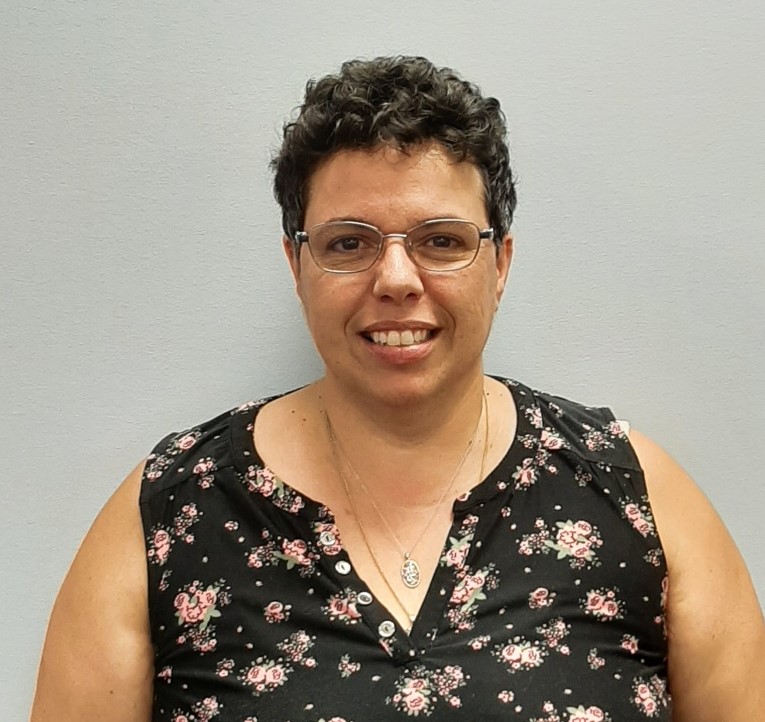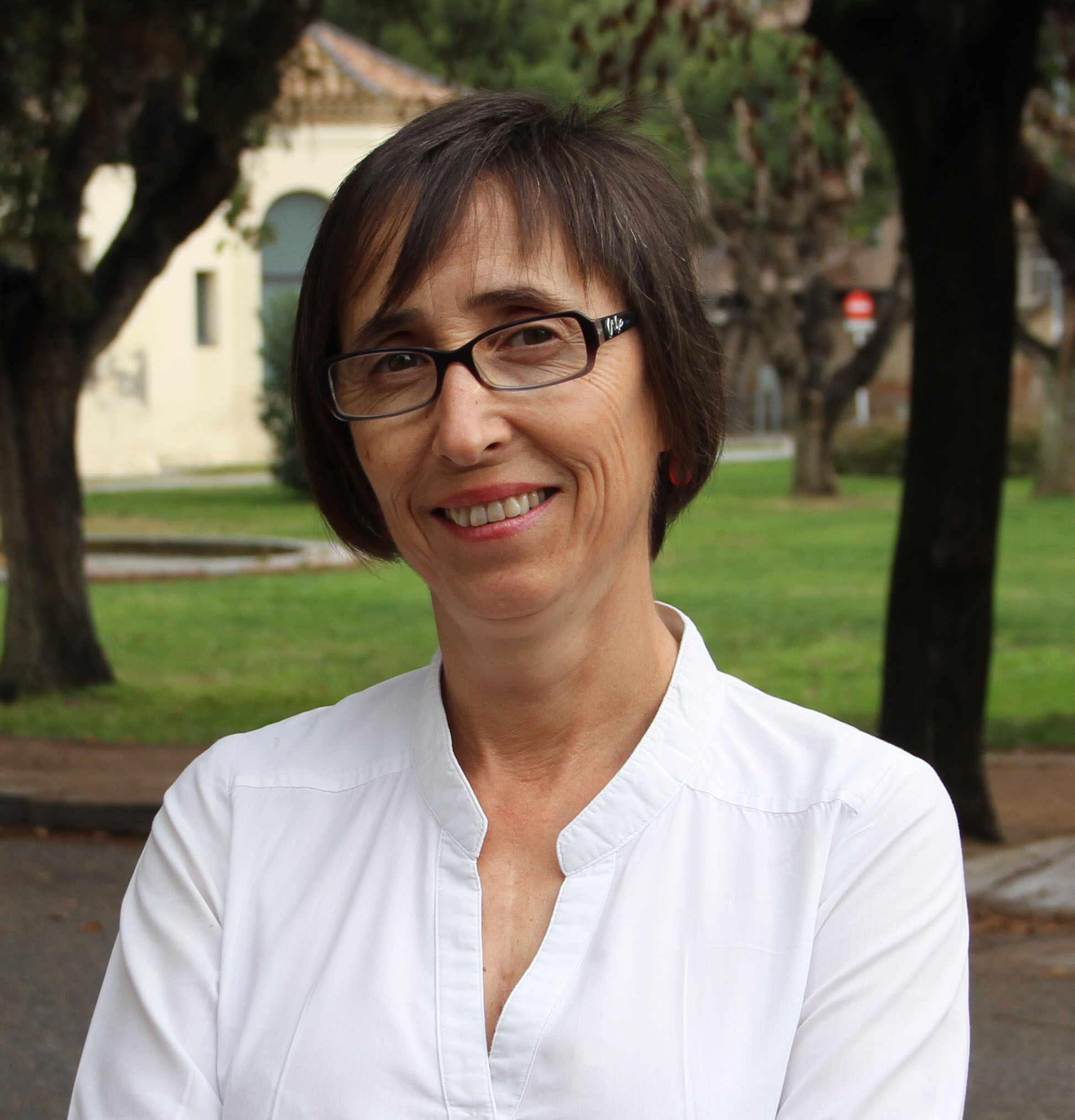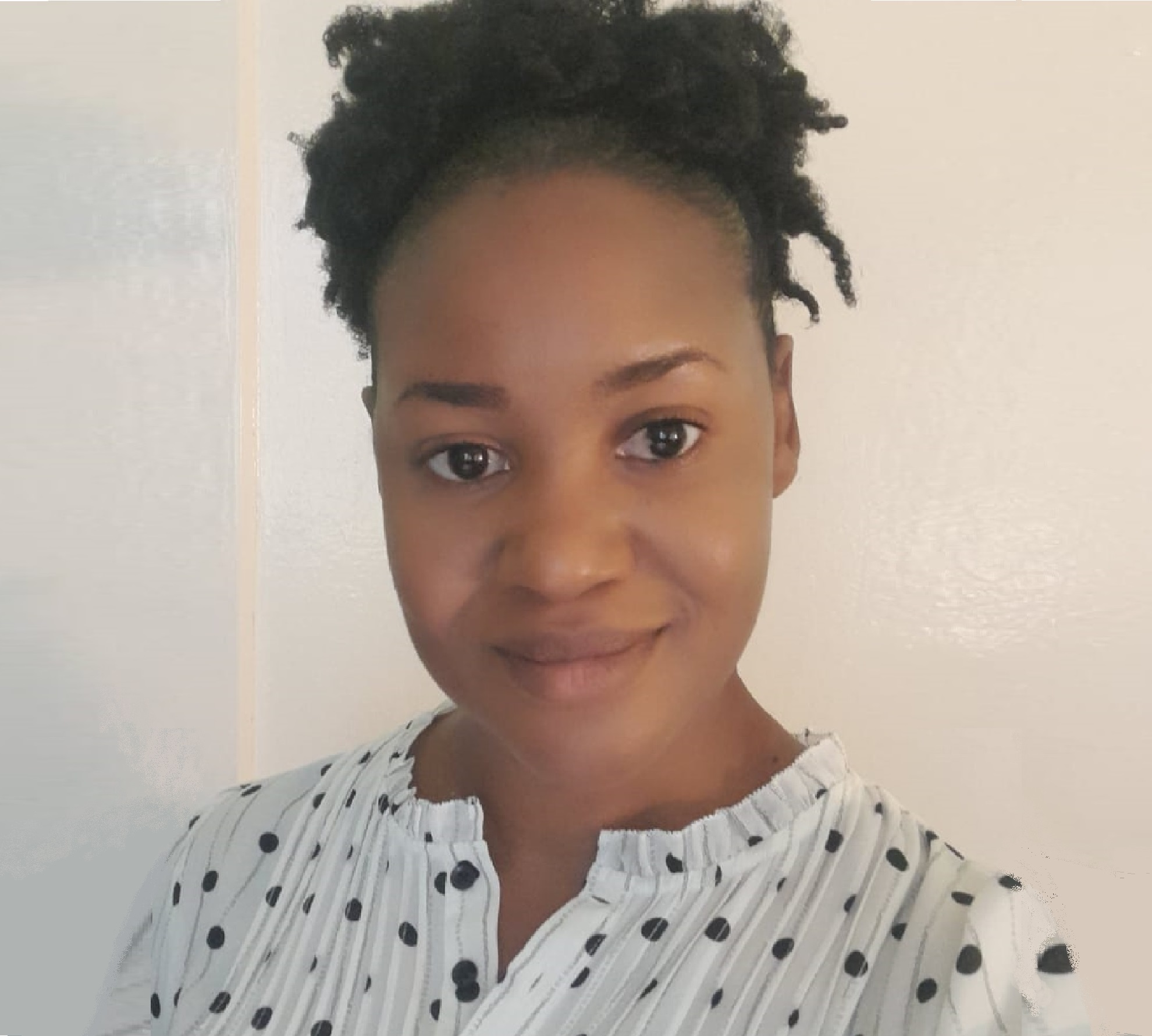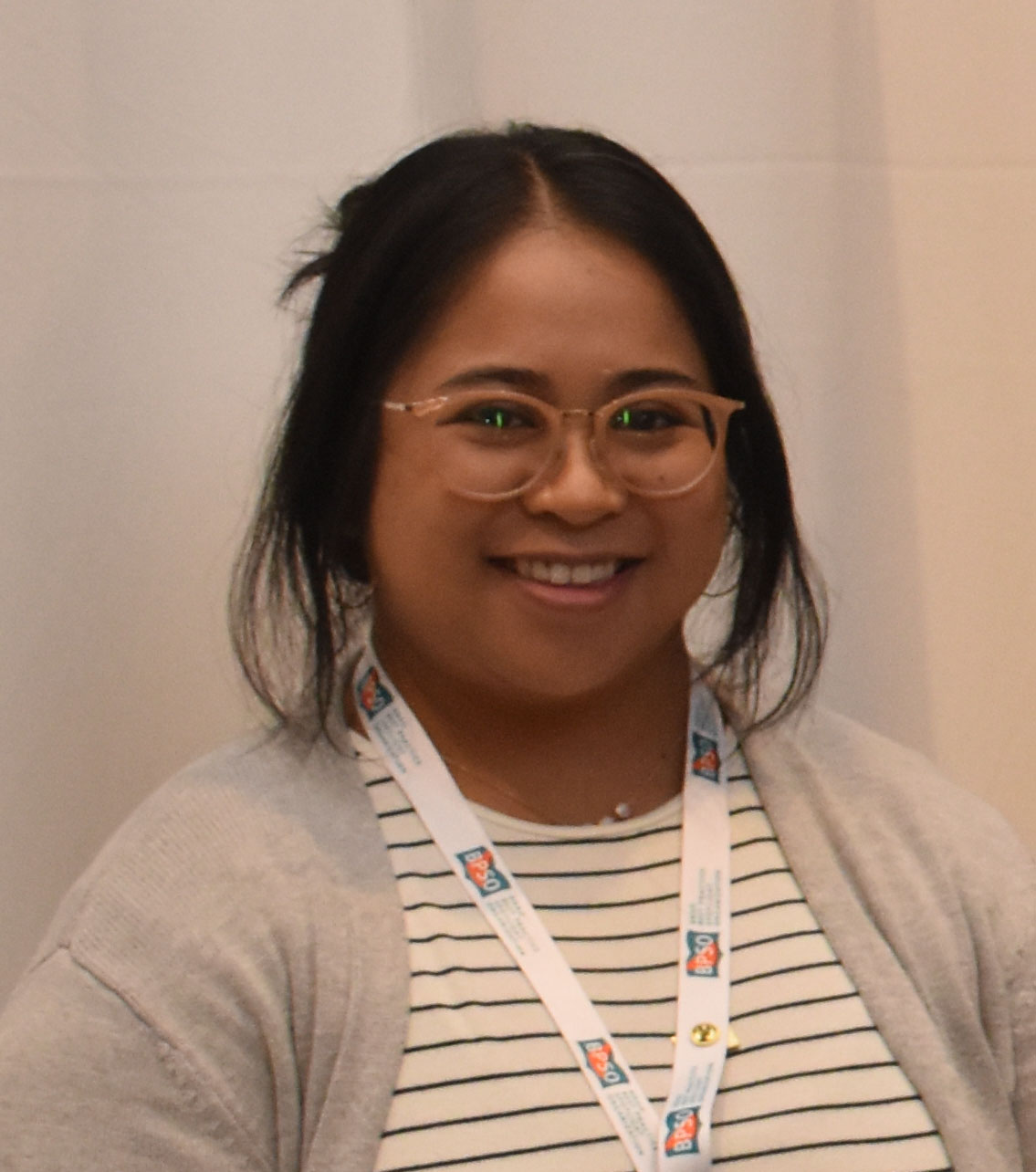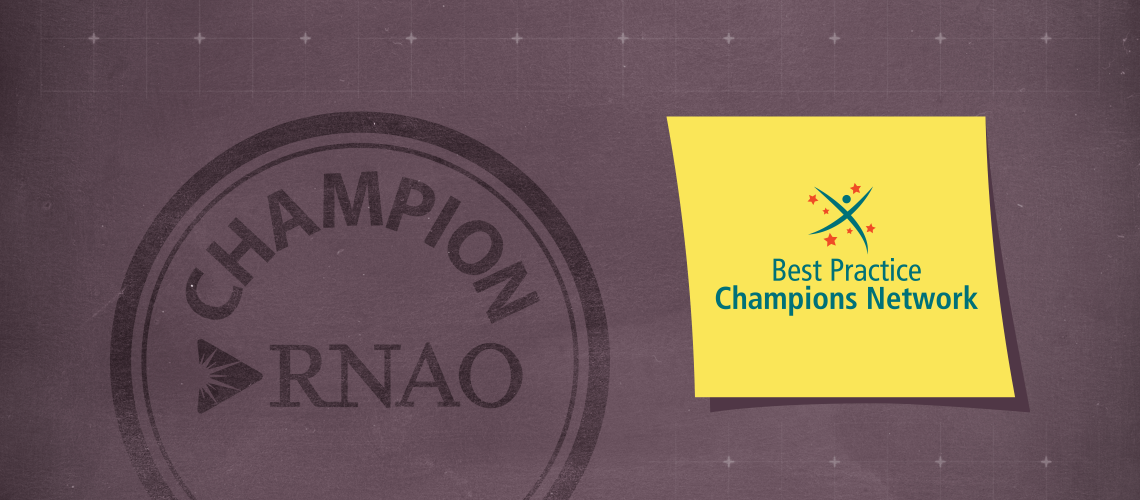
After two decades, RNAO’s Best Practice Spotlight Organization® (BPSO®) movement has welcomed more than 150,000 champions in Ontario and around the world who volunteer to raise awareness of the benefits of implementing best practice guidelines (BPG) in their organizations. Lucia Taggart (below) is one of those champions who, like her counterparts across sectors and specialties, mobilizes others by sharing her expertise and enthusiasm about the value of RNAO BPGs, training opportunities and resources that help improve workplace culture and patient care.
Why are you a champion?
"I truly believe and try to instill into my daily nursing practice that we can always do better by working together. I remember learning about BPGs from RNAO when I first started at the health unit 20 years ago and knew they could support our nursing practice. Free resources, free training, proven outcomes – who wouldn’t want to be a part of that? We are in our sixth year of designation and I am still as excited today about being a champion as I was 20 years ago.”
Lucia Taggart, nursing practice coordinator, privacy officer, BPSO lead
Leeds, Grenville & Lanark District Health Unit
RNAO’s champions training program, which launched in 2002, has always offered participants an opportunity to learn how to utilize BPGs and influence BPG implementation in their academic and practice settings. In response to the success and expansion of the program, a new champions training curriculum was unveiled at the 18th annual BPSO Symposium in Toronto in September 2023 (read more about the symposium).
The new training program is based on RNAO’s Leading Change Toolkit. It takes a blended learning approach through which participants complete two e-learning modules at their own pace to establish a foundation for understanding BPGs and effective implementation. They also sign on for two live training sessions, where they can come together as a group and apply their learning in practical way with other champions.
“The idea is to make it more actionable and provide champions with training and resources that they can utilize right away in their practice,” says Harveer Punia, RNAO implementation science manager (right, centre).
Joined for the September launch by Susan McNeill, RNAO associate director, guideline implementation and knowledge transfer (above, left) and Katherine Wallace, a senior manager, implementation science (above, right), Punia spoke of the rigorous process for developing the new curriculum and its various components, including a resource library and detailed definitions for the role of champion.
Champions who have already completed the training program are encouraged to redo it, Punia and Wallace say. “Take advantage of new resources and the library, including worksheets and reference guides.”
The new curriculum includes a clearer definition of the role of champion, and the expectations that go along with it. These individuals are: leaders, advocates, collaborators, communicators, content and context experts, facilitators and mentors.
For McNeill, the passion and drive that champions display on a regular basis is the motivator for others to join the program. “Most health providers go into their profession with the desire to make a difference and provide excellent care. But sometimes the workplace doesn't meet our expectations or we identify areas that need to be improved,” she says. “Change can be complicated, frustrating and lonely. The champions program addresses these ‘pain points’ and provides the tools needed to be effective at leading (or participating in) a change initiative. It also connects champions to a global network of other change agents who share a passion for making a difference.”
Here’s what other champions have to say about the important role:
Why is your work as a champion meaningful?
“Being a BPSO champion…has allowed me to work with representatives/champions across sectors and organizations to apply evidence-based standards. My work is mainly focused on how, as a region, we can apply these principles to improve the patient experience. Being a champion in this situation has let me step outside of my organization in my role and focus on the overall patient and caregiver experience. I have had the opportunity to see how diverse groups can come together to assess and implement change.”
Jason Bartell, NP, acting executive director and clinical lead
Chatham-Kent Family Health Team/BPSO Ontario Health Team (OHT)
How do you stay motivated as a champion?
“I’m not going to lie – it does take work. However, when you have interactions with staff who have implemented, even if only a tiny fraction of, a best practice guideline and they are excited with the positive patient outcomes, that makes it all worthwhile. Positively engaging patients and staff at all levels in providing evidence-based practice motivates me and I hope in turn it motivates them and creates a continuous learning environment. Additionally, networking with BPSO partners around the world and hearing their stories is encouraging in itself. If they can do it, so should we.”
Wendy MacLeod, manager, professional practice/infection prevention and control
Glengarry Memorial Hospital
What inspires you as a mentor to champions?
“When new champions join the program, we always discover great talents that were previously hidden. Champions have an energy, a capacity and a drive that is manifested in amazing ways. To see the materials they develop to share knowledge with colleagues, patients and families; to see how they organize celebrations of their BPSO designation; and to see how they innovate to implement the recommendations of the guidelines; it generates a lot of emotions that are always intense. With champions, I have laughed, talked, reflected and also cried, almost always with joy. We (I want to include my colleague Laura here) train, support and motivate them, but in reality, the greatest gain is for us, because we learn every day and we are enriched by the great effort they make.”
Esther González Maria,
Investén-isciii, Spain’s National Nursing and Healthcare Research Unit
What would you tell someone who is considering becoming a champion?
“There is no loss in becoming a champion. You’re making the home a better place to live for residents, families and a better place to work.”
Kelsey Cleavely, long-term care nurse manager
John Owen Evans Residence (Geraldton District Hospital)
What impact do you feel you've had as a champion?
“As BPSO champions, we've helped to keep ourselves accountable to evidence-based care and sustain a culture of quality improvement to make real, impactful changes.”
Erin Sevigny, manager of clinical practice
Guelph Family Health Team
What's most gratifying about being a champion?
“Knowing that as a patient and family member, I have that knowledge and I’m part of a group. It’s also really gratifying to talk about BPGs. To tell nurses and other allied health professionals that these guidelines are not going to be a burden to their already busy schedule. They’re essentially there to help them do the job they’re already doing. To hear that from a patient or family member, it’s a little different than coming from a boss or even a coworker.”
Janie Leopold, patient and family advisor
Scarborough Health Network
How does your organization engage more champions as change agents?
“Each organization (reporting to the ministry of health) uses different means to involve new champions. However, technology and social media have made it possible to create a collective identity that spreads quickly at the local level. This has helped us to involve a large number of different professionals year after year. They have become great facilitators in the implementation of clinical recommendations, being able to work hand-in-hand in the different processes associated with care, establishing quality standards and continuous improvement plans.”
Roberto Garcia Jara, professional advisor, undersecretary of healthcare networks
Ministry of Health, Government of Chile
Why do you think it's important to build champions training into your curriculum for nursing students?
"As BPSO coordinator, I have strategically revised varied course outlines to introduce more advanced interaction with the RNAO guidelines as students' progress throughout the BSc program. Since student nurses are the future of nursing, and in order to effect change, senior students are trained as champions to ensure the workforce is foundationally engrained in the practice of evidence-based care, which is a key component to good patient care outcomes. Fourth-year students at UWISON (and satellite locations in Jamaica, St Kitts, St Vincent and the Grenadines) are trained as best practice champions each year as a part of the clinical internship course. Over the last four years, 200 to 300 student champions have received training each year.”
Kameel Abdul Kareem, advanced practice nurse administrator and educator
The University of the West Indies, Faculty of Medical Sciences, The UWI School of Nursing, Mona (UWISON) Jamaica
How have you changed the culture in your organization?
“We have changed the culture by breaking down a lot of silos within our organization and working cohesively as a team, which is such a success and such a huge change from what we’re used to. We always worked in our departments and independently, especially during COVID. Things have definitely changed since the introduction of the champions training and the BPSO work. It’s had a great impact on our work.”
Genevieve Catalan, RN, pre- and post-natal coordinator and BPSO lead
Anishnawbe Mushkiki, Aboriginal Health Access Centre
In 2021, Ashley McLellan, an RN and champion for Chatham-Kent Health Alliance, shared with RNJ readers her perspective on the role, and that “…little is unattainable when you think, act and have the faith of a champion.” Read her reflection.
Find out more about the champions program, or contact Andrea Stubbs, project lead, at astubbs@RNAO.ca

